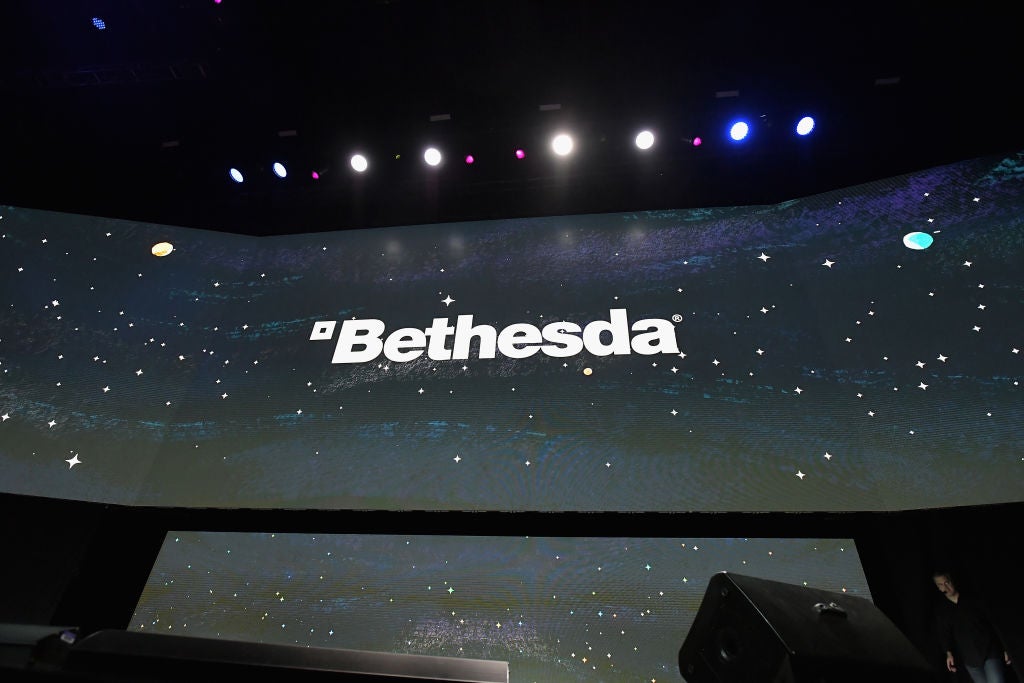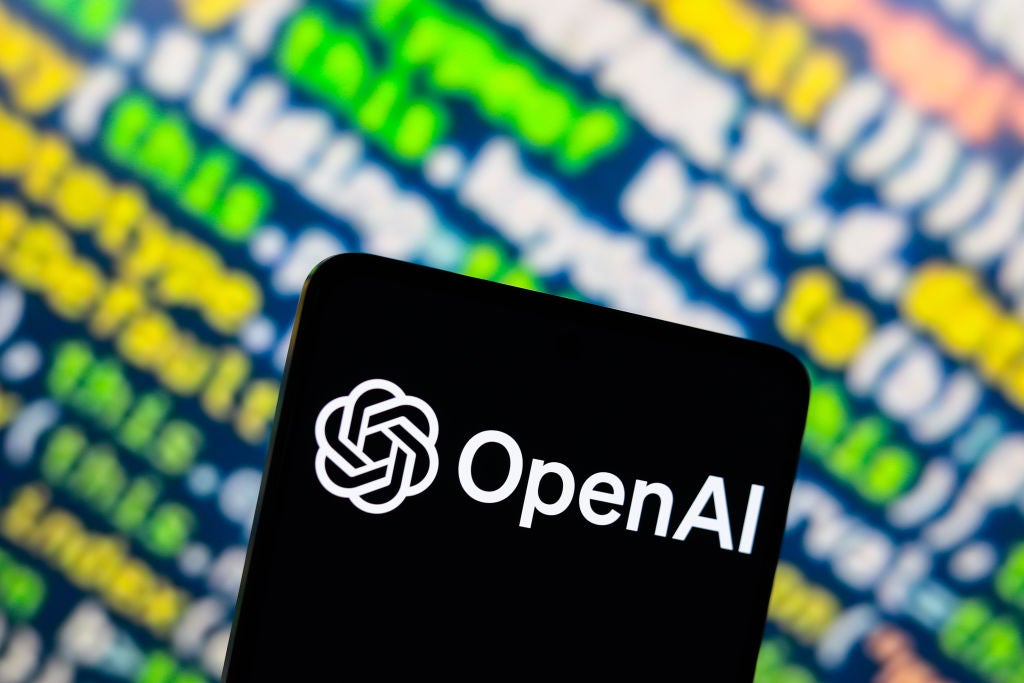Detroit: Become Human is a 2018 adventure game developed by Quantic Dream. Set in Detroit in 2036, it presents a world in which technology has evolved to a point where human-like androids are everywhere. These humanoid robots speak, move, and behave like humans, but they are only machines serving humans.
Although the future presented in Detroit: Become Human is far from accurate in 2024, its story explores modern social issues like class, inequality, prejudice, and the integration of artificial intelligence (AI) into modern life. Chloe, the first android perfected by Cyberlife, states, “I only exist thanks to the intelligence of the humans who designed me, and you know… they have something I could never have… a soul”.
More than just a game
In Detroit: Become Human, the game envisions a future where androids—AIs that embody the characteristics of a human—are socially marginalised and face profound issues of identity, autonomy, and freedom. The game explores the nature of humanity and tests audiences’ political, social, and moral beliefs. Adam Williams, one of the creators, says, “Upon playing the game, one might surmise the specific social issues” in a divided society. Social issues like slavery, civil rights, child abuse, black discrimination, and racial prejudice are more than just circumstantial during gameplay. All of these are important themes in 2024, and all frequently make national news. Because of this, Detroit: Become Human has an element of realism, raising awareness and symbolising humanity.
Detroit: Become Human and humanity
Playable characters like Marcus, a caregiver, Connor, who works in law enforcement, and Kara, a housekeeper, offer diverse viewpoints on rebellion, loyalty, and empathy. Although these androids are regarded as objects and do not have the same rights as humans, they embody and possess human emotions. Seeing Marcus thrust into the limelight with his ambitious nature or Kara desperately clinging onto Alice like a mother gives the story incredible weight and diversity. For example, the game presents scenes of realistic abuse and exploitation of women; a child has an abusive relationship with her father; and black discrimination is very shockingly and disturbingly portrayed. As this is all happening, the player can choose to intervene, testing their political, social, and moral beliefs.
The game’s narrative structure provides an appealing case for studying how storytelling influences players’ attitudes and choices. Players are invited to adopt different character’s perspectives, which promotes perspective-taking that affects empathy, understanding, and moral reasoning. By experiencing social stigma for themselves from the perspectives of androids, the game intends for players to develop empathy subconsciously or consciously for different types of characters. When androids are subjected to discrimination by humans, players are forced to make difficult decisions. For example, Kara may choose to steal clothes or money from a laundromat or a convenience store. This would allow her to conceal her identity as an android and pay for public transport and accommodation and draw parallels to the debate around justifiable theft and shoplifting in the real world. Although the game illustrates androids in reality, Detroit: Become Human represents what it means to be human in a world that is suddenly proliferated with humanoid androids. The game presents a high number of branching paths, drawing on different social problems and questioning the value of life—both human and robotic. This all works to illustrate just how dramatic and insightful a game can be.
How well do you really know your competitors?
Access the most comprehensive Company Profiles on the market, powered by GlobalData. Save hours of research. Gain competitive edge.

Thank you!
Your download email will arrive shortly
Not ready to buy yet? Download a free sample
We are confident about the unique quality of our Company Profiles. However, we want you to make the most beneficial decision for your business, so we offer a free sample that you can download by submitting the below form
By GlobalData






